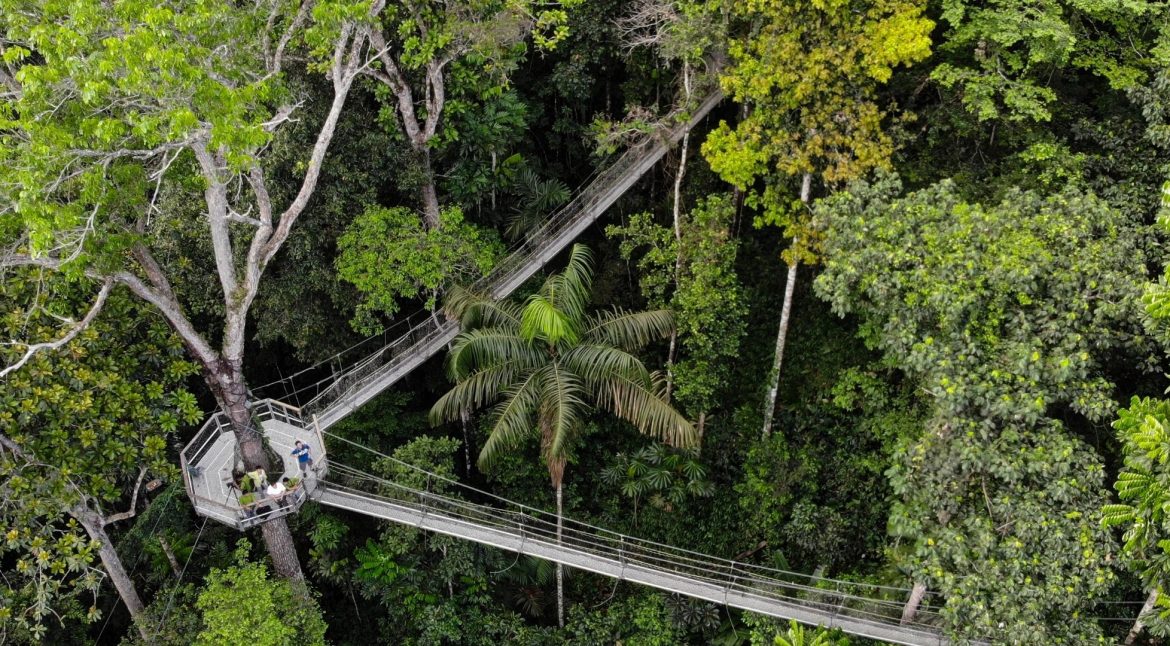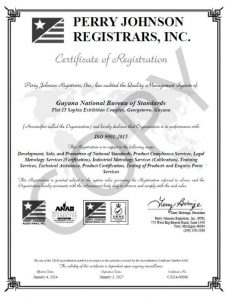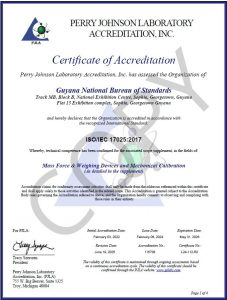We are already in the penultimate month of this very transformative year for our country, and as customary, November is designated Tourism Awareness Month. The month of activities provides stakeholders in the sector with opportunities to showcase their offerings including their tour and accommodation experiences, culinary and other services. The theme for this year’s observances is, “Cultural Tapestry: Investing in our people, enriching our heritage”.
The Guyana National Bureau of Standards (GNBS) has been developing and promoting Standards for use in the various sectors, and tourism stands to benefit from the implementation of these national requirements. Once implemented, standards can improve the products, processes and services of establishments which ultimately benefits tourists and other end users.
For local tourism, players in the sector can apply standards to boost confidence in available products and services. Weaving these requirements into the exciting, unique, and indigenous experiences we have here in Guyana can tremendously help operators to consistently address the safety and environmental concerns our visitors and users may have. For example, implementing food safety related standards and agriculture grading standards can give the assurance to those indulging in our various cuisines that what they consume is safe and wholesome. Food service providers including restaurants and fast-food establishments are at the forefront to receive these benefits.
Similarly, increased visits to our shores continue to push the demand for more exquisite indoor and outdoor experiences which may require adjustments to the housing and accommodation and surroundings. Therefore, quality products based on standards must be utilized in construction, furnishing, landscaping, electrical installation, plumbing, etc.
Accommodation providers can be guided by the requirements of the Bed and Breakfast facilities (GYS 514:2016) standardwhich can be implemented by homeowners and other providers, and the Code of Practice for Assessment, licensing, registration, classification, and grading of the accommodation sector (GCP 15:2003) which specifies the requirements for the monitoring and management of hotels, apartments, and guesthouses.
Additionally, for those providing the outdoor experiences, the Code of Practice for tour operators and tour guides (GCP 18:2003) specifies acceptable practices to be used by tour operators and tour guides. Tour operators can integrate these guidelines when facilitating adventures for our tourists.
As we celebrate Tourism Awareness Month with a list of daily activities, let us not forget to integrate the requisite standards in our establishments now and beyond. As citizens of a country with a quickly advancing economy, let us continue to appreciate the usefulness of standards in supporting the delivery of quality products and services.
Finally, tourism providers are encouraged to contact the GNBS to acquire and learn more about available National and International Standards relevant to their businesses.
For further information on this subject, contact the GNBS on telephone numbers: 219-0064-66 or WhatsApp: 692-4627.






